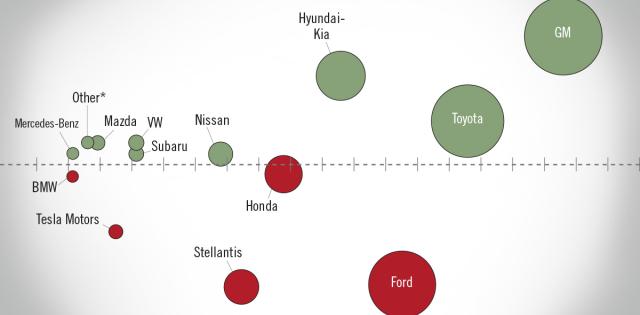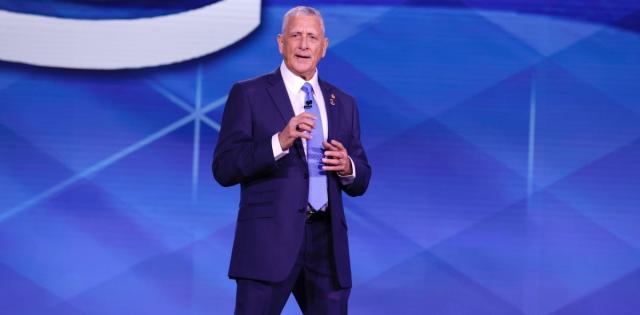Questions about whether dealers should accept cryptocurrency (“Crypto”) as payment for vehicles, service work, or parts have historically focused on the practical impact of such a step. For example, does a dealer wish to accept a relatively illiquid asset, with potentially wild swings in valuation as payment for a vehicle with a fixed wholesale price? Should a dealer only accept Crypto as payment in full for a vehicle, or can they accept it as a “down payment” in a finance transaction (and what do the finance sources allow?). And these concerns are only increased as you consider newer and more speculative Crypto options – (Dogecoin anyone?).
While those concerns persist, they have been somewhat tempered with the growing mainstream acceptance of at least some virtual currencies, and at least a relative calm in the wild fluctuations in value of some Crypto.
One practical issue that has changed dramatically in recent months is the tax implications of accepting Crypto. Since 2014, the IRS has considered at least some forms of Crypto to be “property” and not “cash” for tax purposes. This means that payment in Bitcoin (for example), would result in a taxable event (capital gain (or loss)) for the purchaser (and some potentially complicated basis questions for dealers), but would not trigger the IRS Form 8300 cash reporting requirements for the dealer. However, on November 15, 2021, President Biden signed the Infrastructure Investment and Jobs Act (the “Infrastructure Bill”), which changes the definition of “cash” to include “digital assets” which is defined as “any digital representation of value which is recorded on a Cryptographically secured distributed ledger or any similar technology as specified by the Secretary.” The effective date of these changes is January 1, 2024.
This means that Crypto will soon need to be treated as cash for Form 8300 reporting purposes, with all of the precautions against structuring and suspicious transactions that apply to other forms of cash.
Dealers will still need to weigh the numerous practical implications of accepting Crypto, and time will tell whether consumer desire to pay with Crypto is tempered by the new reporting requirements. What is clear is that dealers need to ensure their employees understand and comply with this new requirement should their dealership accept Crypto payments.
For more stories like this, bookmark www.NADAheadlines.org as a favorite in the browser of your choice and subscribe to our newsletter here:










